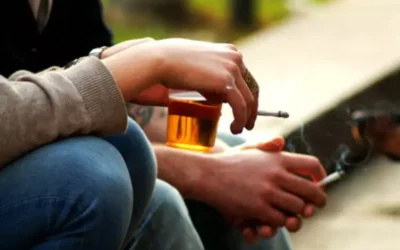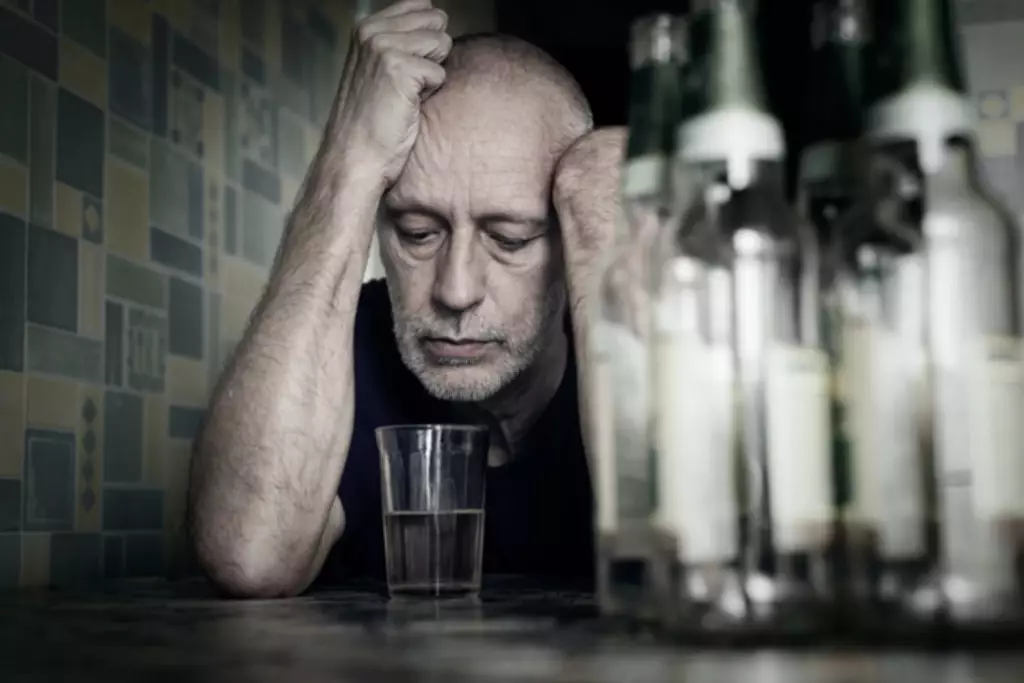Excessive Drinking Rose During the Pandemic Here Are Ways to Cut Back. The New York Times
- admin
- July 24, 2021
- Sober living
- 0 Comments
Content
Regular drinking is often considered socially appropriate and normal, but if your drinking extends to when you’re alone, that’s a red flag. There’s a very fine line between social drinking and problematic drinking, and one could easily lead to the other and cause serious health implications. Reflect on your drinking patterns and keep track of them to identify your boredom drinking triggers. With self-awareness, you’ll be better equipped to understand and address your habits. When feeling bored, many people turn to drinking alcohol as a way to enhance their experience and provide an enjoyable sensation.

“Any type of physical activity can help keep the stress at bay and help regulate hormones,” says Oetken. If you’re bored and not physically hungry, go work out first and then eat if you still feel the urge. Stress also raises ghrelin, the “hunger hormone,” which stimulates appetite too. Food is comforting and pleasurable—especially refined carbohydrates like pasta, bread and desserts (and we tend to crave those carbs when we’re stressed).
Addiction Treatment Programs
These habits are often activated by certain cues or conditions, like boredom, which can lead to excessive drinking and result in a variety of health issues, including alcohol abuse. By recognizing and addressing these habits, you can break the cycle of boredom drinking and take control of your life. However, boredom drinking can result in a damaging cycle that is difficult to break and can negatively impact ongoing mental health.
- Soon it can seem weird NOT to have a glass in your hand, even if the rest of you is thinking about something else (or not thinking about very much at all).
- After a while, you’ll notice that your interests start to narrow, as does your social circle.
- When the alcohol wears off, your problems will still be there, and you’ll likely reach out for more alcohol to escape them again.
- Take our short alcohol quiz to learn where you fall on the drinking spectrum and if you might benefit from quitting or cutting back on alcohol.
- I have gone to bars with people I genuinely like as a sober person, and I don’t stay for longer than an hour or two if nothing is happening.
When referring to alcohol addiction, some may conjure up an image of a person consuming multiple daily bottles of low-end vodka and struggling to hold a steady job. Alcohol use disorder impacts millions across the nation, many of which are considered high-functioning. Once your downtime ends, and you’ve made progress on your hobby or taken a walk, enjoy a piece of chocolate before your next activity. Are there certain days where boredom is more likely to sneak in? At the beginning of those days, plan to work on a hobby or some other activity when nothing else is scheduled. You’ll find it easier to settle into the activity should boredom strike.
Questions about treatment options?
Combine that with the fact that cortisol increases the body’s need for glucose (aka sugar), and it’s no surprise you’ve found yourself eating ice cream on the couch. Reframe supports you in reducing alcohol consumption and enhancing your well-being. So, when we’re bored and our brain is looking for that dopamine hit, it can often recall that alcohol was a past source of reward.

An estimated 15 million people throughout the U.S. struggle with alcohol use disorder, but only 10% receive treatment. Alcoholism profoundly affects the entire body, especially the brain, heart, pancreas, mouth, liver, https://ecosoberhouse.com/ and the immune system. Despite its negative impacts, more Americans than ever consume alcohol regularly, especially women and minorities. For example, CBT might help you realize you look at boredom in a negative light.
Why do I turn to alcohol when stressed?
For resources related to AUD, including how to get support, please visit the NIH website. We’ve also partnered with Moderation Management, a non-profit dedicated to reducing the harm caused by the misuse of alcohol. Not to mention alcohol also suppresses hormones related to appetite. Say you have downtime on a Saturday afternoon after a challenging week at work. “Getting through the week” might be your rationale for pouring a glass of wine.
We were all just sitting around and getting drunk, perfectly content to not really do anything together. When I drank alcohol, I could (and did) sit and do nothing for hours. It’s why nothing seems fun or exciting, and you struggle to motivate yourself to have a good time. In fact, when you first quit, it feels like everyone in the world is out getting drunk but you. The horrible irony to all of this is that alcohol amplifies loneliness. Once you have really looked at your habits, consider alternative solutions.
We can address fear and healthy coping mechanisms to combat any doubt and uncertainty that either an individual or family may feel during these difficult times. It’s important to understand that achieving sobriety is possible. It doesn’t help that although alcohol may be the world’s most commonly accepted drug, it’s also regularly left off the list of drugs that negatively drinking out of boredom impact people’s lives. When you’re triggered by experiences like boredom or isolation, the accessibility of alcohol makes it that much harder to refrain from drinking to cope with these difficult feelings. By participating in therapy and counseling services, you can develop the skills and support necessary to overcome boredom drinking and maintain a healthier lifestyle.